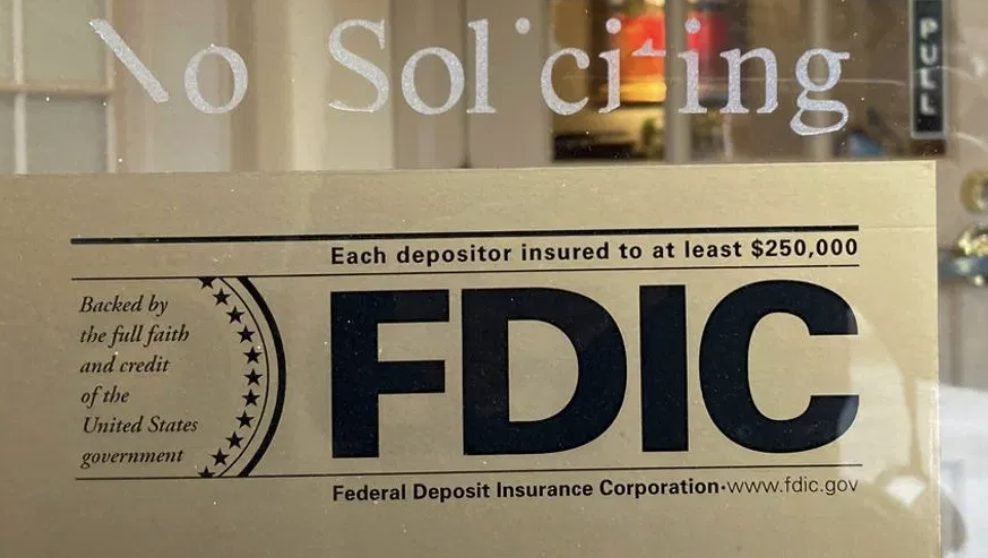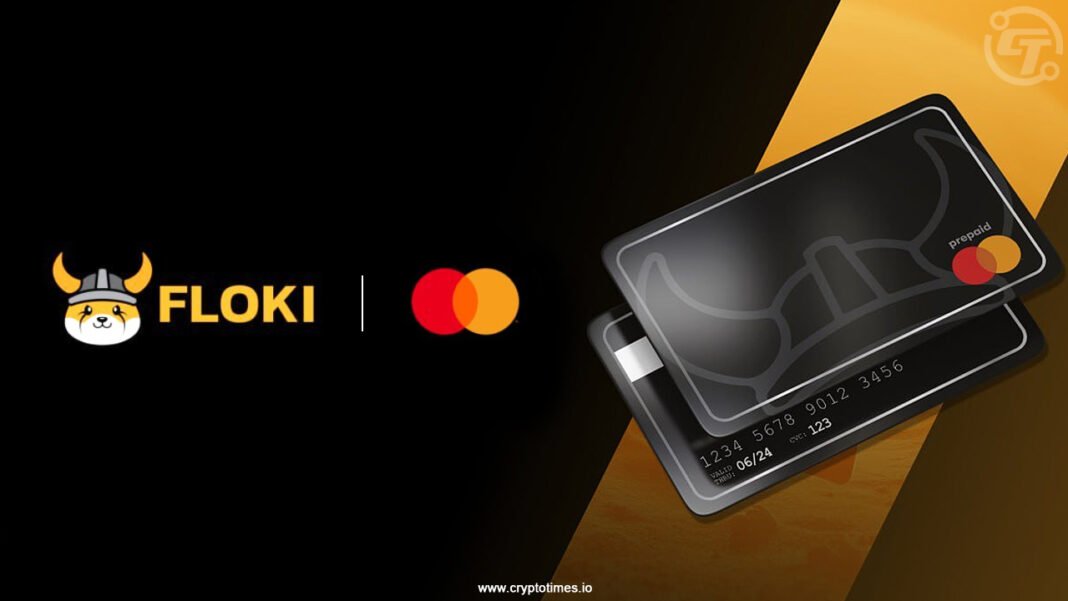Your guide: Is Coinbase FDIC Insured?
Are you familiar with Coinbase? Maybe you’re looking to invest in digital assets and have heard of Coinbase. Many think it’s the best place to buy and sell cryptocurrencies. But, before investing you might be wondering, “Is Coinbase FDIC Insured?” If so, you’ve come to the right place. Keep reading to find out more.
Also read: Federal Reserve Posts First Operating Loss in Years
How does the insurance on Coinbase work?
Coinbase wants to make sure that its users’ money is safe. There are a lot of safety features on the site that protect both digital currencies and cash balances. However, it is important to know that insurance for digital goods is not the same as insurance for cash.
Digital Asset Protection (DAP)
Coinbase has a strong insurance strategy to protect digital currencies. These rules cover some of the digital things they keep on their storage devices. That rule is meant to protect against losses due to theft.
What can’t insurance for digital assets do?
It’s good to know what Coinbase can’t do because its insurance for digital assets is there to keep you safe. Losses that happen when someone gets into your Coinbase account without your permission because you lost or stole your password are not covered by the policy. This is proof of how important it is to have strong passwords and keep your login information safe.
The Cash Balance Protection Program
Coinbase gives people who have cash on the website a different kind of safety. These funds are usually kept in safe deposit boxes at U.S. banks or put into USD money market funds and U.S. Treasuries, which have a lot of cash on hand. The point of this method is to keep users’ money safe all the time.
The FDIC will cover cash balances
When it comes to U.S. dollar funds held as cash for U.S. customers, Coinbase puts them in bank or credit union accounts by the FDIC or the NCUSIF. With this setup, you can get pass-through FDIC insurance coverage up to the standard cap of $250,000 per depositor.
What you need to know about pass-through insurance?
The idea of pass-through protection is very important for people who use Coinbase. The money that Coinbase holds for customers could be saved from possible losses if, say, a protected bank where Coinbase stores customer funds fails. This protection does rest on Coinbase keeping correct records and the right federal regulators making the right decisions, though.
Why do you need strong security?
Everyone knows that insurance is like a safety net. That is why they need to be safe. In the end, these businesses do help a lot of people, right? Coinbase users need to remember their passwords and keep track of their login information. For stopping possible losses and unauthorized entry, this way of sharing responsibility is a must.
Money and insurance that can’t be changed (NFTs)
This is important to know: Coinbase’s security does not cover NFTs. People should be aware of this as the market for NFTs grows and make sure they take the right steps to protect their money.
Coinbase’s Safety Promise
Coinbase cares about its users’ safety by keeping their funds safe. The site tries to make it safe to trade and keep cryptocurrencies by offering insurance, safe storage options, and training for users.
Also read: BlackRock Bitcoin ETF Posts First Net Inflows in 14 Days
How to Get Crypto Insurance?
The insurance market that backs up the bitcoin market changes along with it. Users should be aware of any changes to rules and services. Make sure you know what safeguards are in place for your account and check them often to keep your digital belongings safe.
How Crypto Assets Will Be Safe in the Future
The cryptocurrency business is still growing, so the ways that digital assets are kept safe are likely to change too. As rules get better and insurance products get smarter, users will have more choices for protection in the future.
Conclusion: Is Coinbase FDIC Insured?
Lastly, Coinbase offers several ways to protect user funds, such as the possibility of FDIC insurance for cash amounts. But it’s important to know what these rules don’t cover and how they work. Users can keep their digital and physical assets on the site as safe as possible by knowing about security and following the right steps. Be safe out there!






